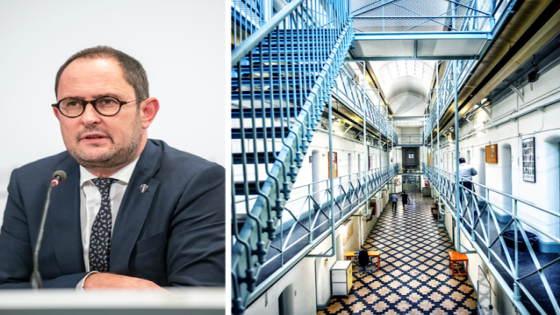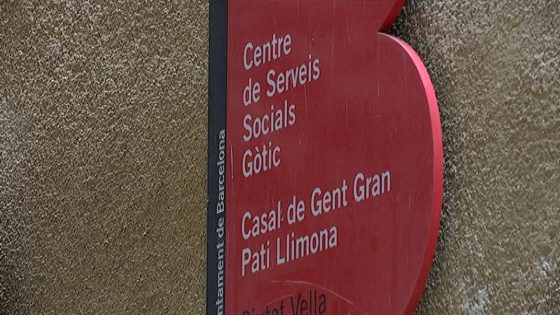Nearly one in three detainees is illegally residing in Belgium, raising concerns about the country’s immigration policies. As of February 25, 2025, the number of deportations has decreased, prompting discussions on how to address this growing issue.
- One in three prisoners is undocumented in Belgium.
- Decrease in deportations of undocumented migrants.
- Short prison sentences complicate deportation efforts.
- Call for increased electronic monitoring and community service.
- Justice system seeks alternatives to incarceration.
Why Are So Many Detainees Illegally Residing in Belgium?
This alarming statistic raises questions about the effectiveness of current immigration policies. Why are so many individuals slipping through the cracks? With a significant portion of detainees lacking legal status, it’s crucial to examine how these Trends affect both public safety and social services.
The Decline in Deportations: What Does It Mean?
The decrease in deportations indicates potential flaws within the enforcement process. Factors contributing to this trend include lengthy legal procedures and limited resources for handling cases effectively. Addressing these issues is vital for improving overall immigration management.
Challenges Facing Immigration Enforcement in Belgium
The complexities surrounding immigration laws can complicate efforts to manage illegal residency effectively. Key challenges include:
- Bureaucratic hurdles that delay deportation processes.
- Lack of funding for adequate enforcement measures.
- Legal protections that prolong detention periods.
- Difficulties in tracking undocumented individuals after release from custody.
Potential Solutions: Electronic Monitoring and Community Service
Annelies Verlinden advocates for innovative approaches such as electronic monitoring and community service instead of traditional incarceration for minor offenses. These alternatives could alleviate overcrowding while ensuring compliance with legal requirements. Could this model work elsewhere?
The Broader Implications for Immigration Policy
The situation in Belgium reflects larger global trends regarding undocumented migrants and their treatment within judicial systems. Countries facing similar challenges might consider adopting flexible strategies that balance enforcement with humanitarian considerations. How will these changes shape future immigration debates worldwide?
In conclusion, addressing the high percentage of illegal detainees requires a multifaceted approach that includes policy reform, resource allocation, and community engagement strategies aimed at fostering safer environments while respecting human rights.
































